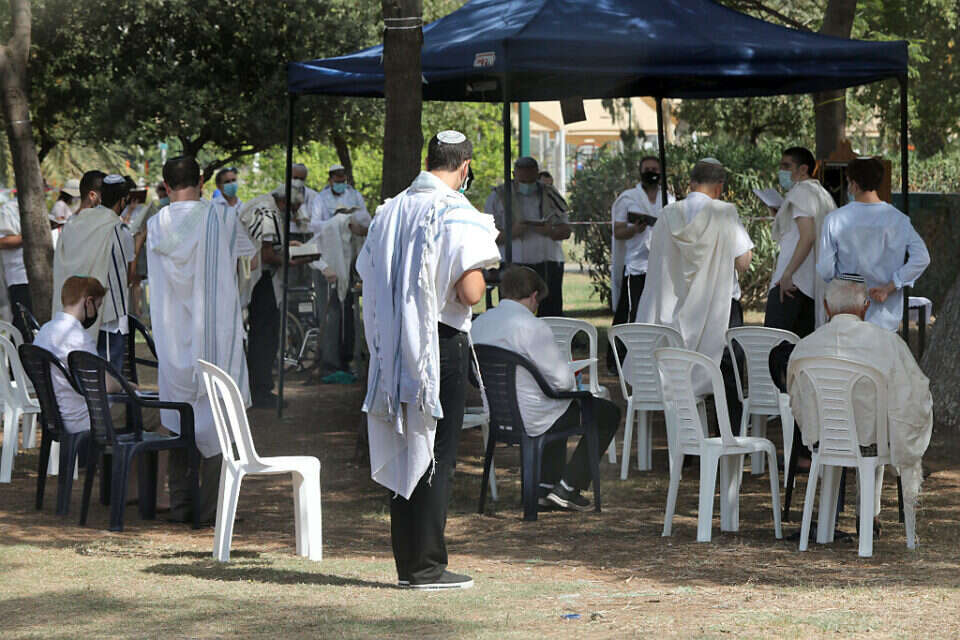The most well-known Hebrew date, and one that holds many meanings even for those who define themselves as secular, is undoubtedly Yom Kippur. This year, the fast will begin on September 24, 2023, this Sunday, and will continue until Monday, September 25, when it ends in the evening.
The fast, which stands out above all other fasts in the Hebrew calendar, and which is practiced with reverence by the most Jews in Israel and around the world, is considered a day of forgiveness and forgiveness, and a general atonement for human sins and weaknesses.
Entry and exit times of the Yom Kippur fast 2023 <>,
Beyond the fast itself, which is marked on Yom Kippur, over the years various special customs have been accepted that express different aspects of this holy and special day.
Yom Kippur at the Western Wall, Photo: Jonathan Zindel,
Yom Kippur in Herzliya, Photo: None,
Repentance. Photo: AP,
Kol Nidre: Everyone can enter the synagogue. On Yom Kippur in particular, the doors of the synagogue are open to anyone without exception, and it has been customary throughout the generations in all Jewish communities not to prevent anyone, regardless of their sins and deeds, from taking part in prayer. An expression of this permit is the special statement intertwined with the prayer of Kol Nidrei, which permits "praying with the offenders."
Lashes:It is a symbolic act in which the person receives 39 light lashes from a strap made of calf skin. The reason for the custom stems from the fact that in ancient times for a long list of sins a person would receive a punishment of flogging that would cleanse him of these sins. For this reason, flogging today also symbolizes man's desire to be cleansed of sin by them.
Going to the graves of the righteous and relatives: It was customary for the people of Israel to visit the graves of the righteous on the eve of Yom Kippur and pray in them before God with a request that thanks to the righteous He would atone for them. They also used to go to the graves of family members and ask the Creator to continue to forgive these relatives, raise them in rank and find them a better place in paradise.
Building a sukkah: It was customary for the people of Israel to go and start building the sukkah for the holiday of Sukkot, as soon as Yom Kippur was over, in order to begin immediately after the atonement of sins with a positive mitzvah that would continue the sanctity of the day.
Wrong? We'll fix it! If you find a mistake in the article, please share with us

